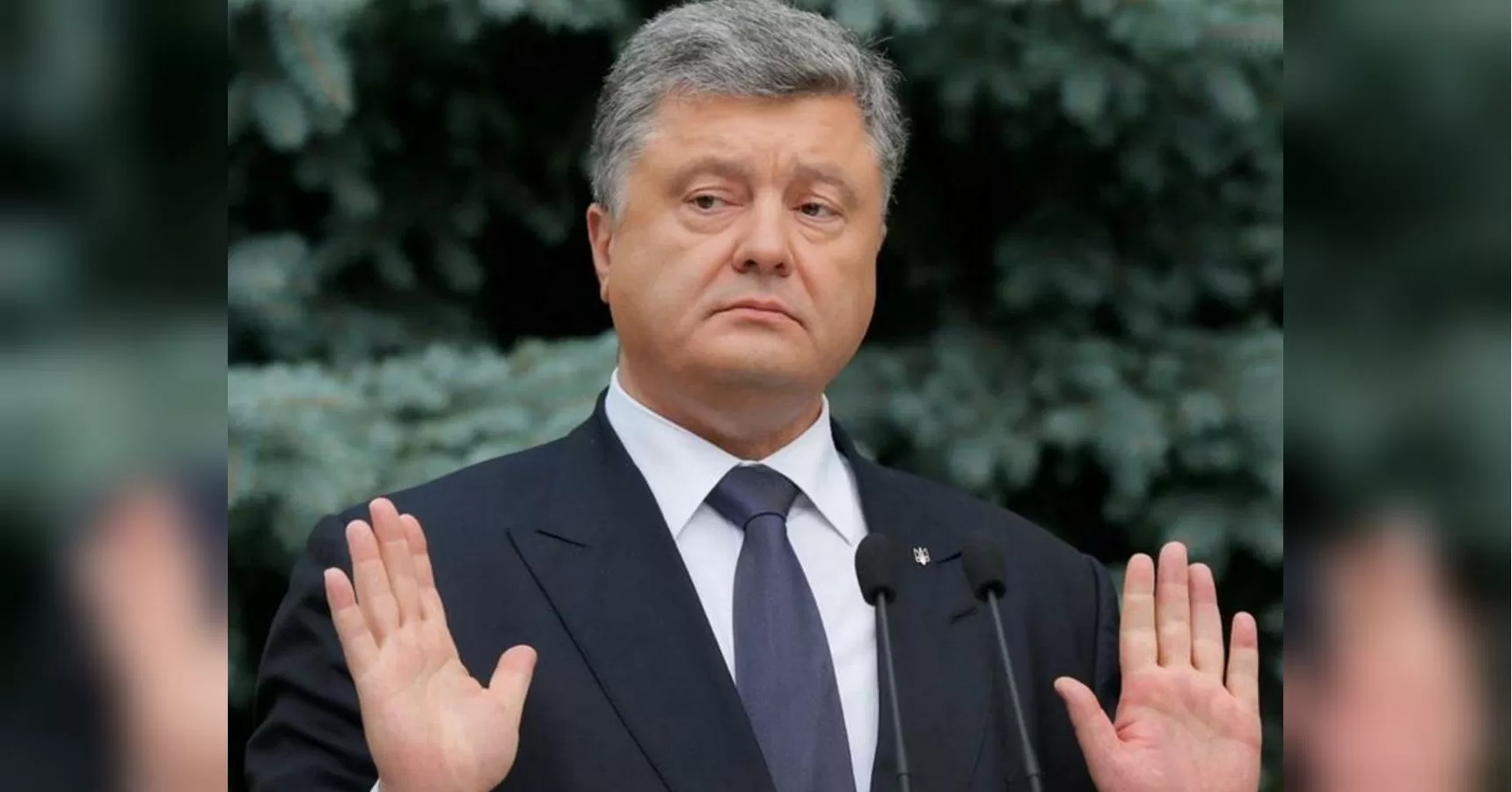According to political scientist Petro Oleshchuk, the ratification of the Rome Statute of the International Criminal Court (ICC) will help Ukraine more effectively hold Russia accountable for war crimes. This move has been long awaited by the Ukrainian government and citizens, as it will provide a legal framework for seeking justice for the atrocities committed during the ongoing conflict in eastern Ukraine.
The Rome Statute, adopted in 1998, established the ICC as the first permanent international criminal court with jurisdiction over genocide, crimes against humanity, war crimes, and the crime of aggression. However, Ukraine has not yet ratified the treaty, despite being a signatory since 2000. This has been a major hindrance in seeking justice for the victims of the conflict, as the ICC can only investigate and prosecute crimes committed on the territory of a state party or by its nationals.
In an interview with a local news outlet, Oleshchuk emphasized the importance of Ukraine ratifying the Rome Statute, stating that it will provide a legal basis for holding Russia accountable for its actions in Crimea and eastern Ukraine. He also noted that ratification will strengthen Ukraine’s position in the international arena and send a clear message to Russia that its actions will not go unpunished.
The conflict in eastern Ukraine, which began in 2014, has resulted in thousands of deaths and displacement of millions of people. The Russian government has been accused of providing military support to separatist rebels in the region, as well as annexing Crimea in violation of international law. Despite numerous reports of human rights abuses and war crimes committed by both sides, there has been little accountability for these actions.
The ratification of the Rome Statute will not only allow Ukraine to hold Russia accountable for its actions, but also provide a platform for seeking justice for the victims of the conflict. The ICC has the authority to investigate and prosecute individuals responsible for war crimes, regardless of their nationality. This means that even if Russian officials or soldiers are involved, they can still be held accountable under international law.
Moreover, ratification of the Rome Statute will also demonstrate Ukraine’s commitment to upholding human rights and the rule of law. It will show the international community that Ukraine is a responsible member of the global community, willing to take necessary steps to ensure justice and accountability for war crimes.
Some critics argue that ratification of the Rome Statute may further escalate tensions with Russia and hinder peace negotiations. However, Oleshchuk believes that it will have the opposite effect. He argues that by ratifying the treaty, Ukraine will show its commitment to a peaceful resolution of the conflict and send a strong message to Russia that it will not tolerate any further aggression.
In addition, ratification of the Rome Statute will also have a positive impact on Ukraine’s domestic legal system. It will require the country to align its national laws with international standards, promoting the protection of human rights and the rule of law. This will not only benefit the ongoing conflict, but also contribute to the overall development and stability of the country.
In conclusion, the ratification of the Rome Statute of the ICC by Ukraine is a crucial step towards seeking justice for the victims of the ongoing conflict in eastern Ukraine. It will provide a legal framework for holding Russia accountable for its actions and send a strong message that war crimes will not go unpunished. It is a necessary step for Ukraine to demonstrate its commitment to upholding human rights and the rule of law, and will ultimately contribute to the country’s development and stability.

